The ASU International Development Initiative works with countries in Latin America and the Caribbean that face numerous challenges of regional and global significance.
Economic instability and a lack of educational opportunities for youth drive high rates of crime and gang violence, making life less secure for citizens throughout the Americas. In some countries, unstable government and civil unrest lead to a rise in extremist groups and violence. In addition, the ever-present threat of natural disasters has revealed the need for greater resilience and disaster prevention and response. These challenges make countries harder to govern, destabilizing democracy and the rule of law throughout the region — and have become key drivers of irregular migration that disrupts regional stability and creates a tragic human toll.
The International Development Initiative takes a systems-level approach to addressing these challenges with a focus on locally driven solutions that contribute to global development priorities. Throughout Latin America and the Caribbean, ASU is working with local universities, civil society and community organizations and the private sector through innovative partnerships that strengthen local capacity and create enduring networks that foster positive development outcomes.
ASU’s approach leverages the university’s proximity to the U.S.-Mexico border and Latin America and affirms fundamental responsibility for the safety and prosperity of citizens throughout the hemisphere. Our focus areas in Latin America and the Caribbean include:
- Advancing evidence-based, community-led models for preventing crime and reducing gang violence.
- Ending violence against women, children and families so they can lead safe, productive lives.
- Strengthening the ability of universities and higher education systems to drive economic growth, workforce development and opportunity creation for youth.
- Collaborating with regional and multinational firms and the donor community to create opportunities for economic growth that harness the global restructuring of supply chains to create regional prosperity and enhance American security through near-shoring.
The ASU International Development Initiative draws from Latin America and sector-based experts from across the university who are committed to developing partnerships with local communities that install new capacity to drive resilience, security and self-sufficiency.
Related projects
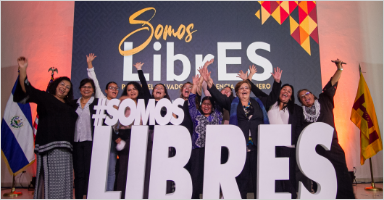
LibrES: for an El Salvador without violence
El Salvador
Gender-based violence (GBV) is a significant issue in El Salvador, affecting up to two-thirds of Salvadoran women and girls. The USAID-funded LibrES program, led by ASU in partnership with local organizations, universities and United Nations agencies, leverages individual and systemic approaches to contribute safer and more productive lives for women and vulnerable populations in El Salvador, thus decreasing the likelihood of irregular migration to the United States.
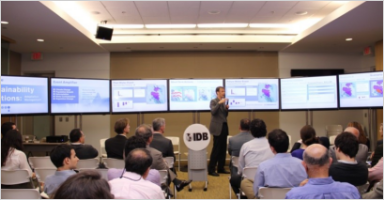
Water Resources Decision Support System
In Pernambuco, Brazil, ASU researchers worked with local and regional partners to promote integrated water resource management models to address drought vulnerability and respond to climate change.
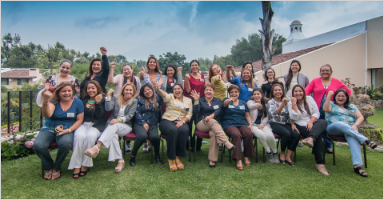
WEAmericas Accelerator
Implemented by ASU Thunderbird School of Global Management, the WEAmericas Accelerator was an intensive, interactive business training program that empowered women entrepreneurs and advanced women-owned businesses in Central America.
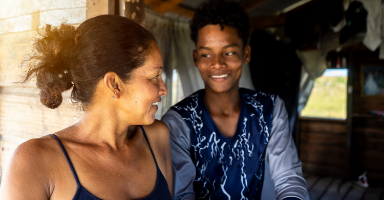
Proponte Más Secondary Violence Prevention Activity
Honduras
The Proponte Más Secondary Violence Prevention Activity was a three-year, USAID-funded program to decrease violence in Honduras by identifying youth at the highest risk of violence and gang involvement by providing therapeutic and family-based interventions to reduce crime, violence and irregular migration.
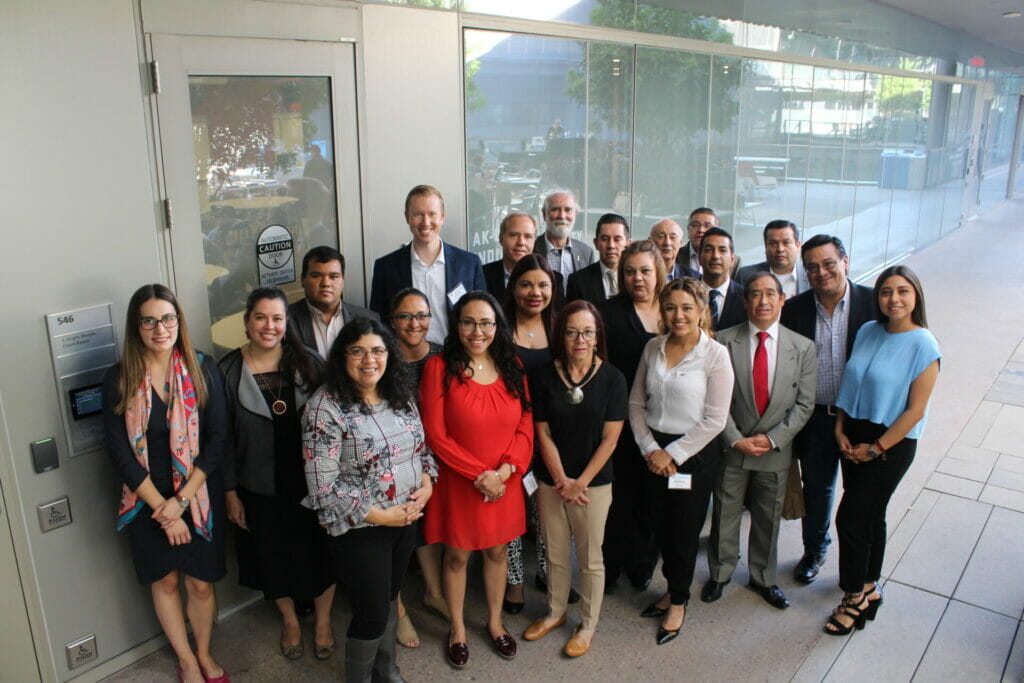
Making the system work (Voz de las víctimas)
Mexico
Funded by U.S. Department of State International Law Enforcement and Narcotics Bureau (INL)

Discover more projects
Delve deeper into other International Development Initiative projects designed to create a safe, prosperous, equitable future for citizens around the world.